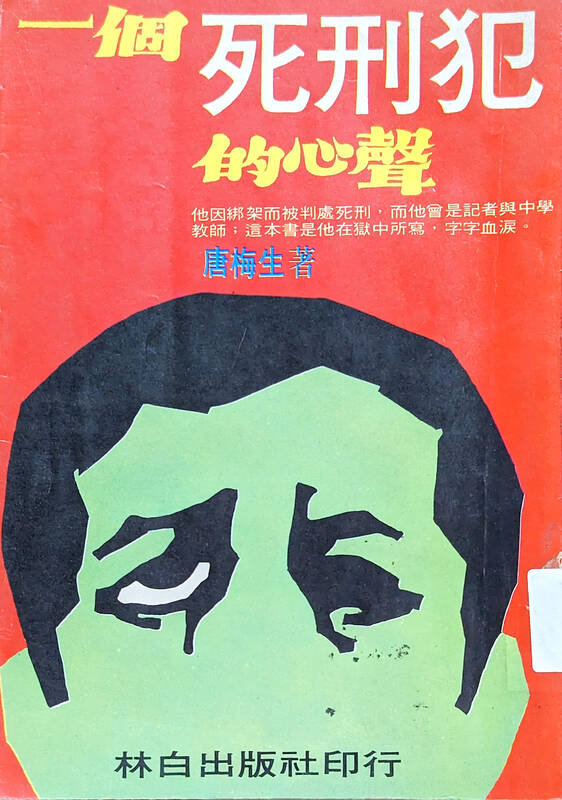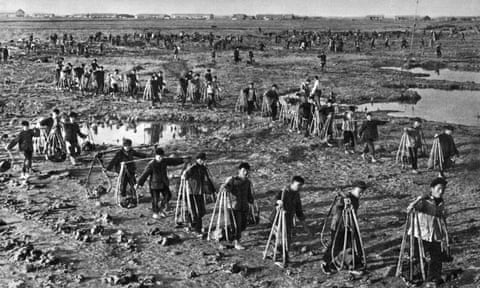Source: China Digital Times (5/4/23)
May Fourth Anniversary Call for ‘Resistance against the Powers That Be’ deleted by censors
Posted by Alexander Boyd
A WeChat essay on the “sore need” for a continuation of the May Fourth Movement’s legacy of “resistance against the powers that be,” published on the eve of the movement’s 104th anniversary, was taken down by censors. The essay, by the public account @新新默存, was a reflection on the broader movement that included not just the student protests of May 4, 1919 but also the intellectual awakening that spanned the New Culture Movement, labor movements, and an intellectual-led attempt to transform China’s political and social cultures. It offered a sharp criticism of modern Chinese patriotism, which the author claims emphasizes “collectivism and despotism” and thus is out of line with the original May Fourth spirit of patriotic “individualism and liberalism.” The exact reason any given essay is censored is never revealed by the censors. However, in this case, the culprit (in the censors’ eyes) seems clear: the direct criticism of modern Chinese patriotism and a stirring final two paragraphs that call for the construction of true homes for “Mr. Science” and “Mr. Democracy,” the iconic personifications of the movement’s core ideals. These form a blunt challenge to the Party’s aggressively asserted monopoly on the May Fourth Movement’s legacy.
Today, reviews of the broader May Fourth Movement have reached the common consensus that democracy and science are the most important inheritances it bestowed us with. Au contraire. Just as Yu Ying-shih once said, although Messrs Democracy and Science have long since become naturalized citizens, they’ve yet to find themselves a secure home in China. “Science” is primarily manifested through “Technology,” which is form and not essence. The scientific spirit of truth for its own sake has yet to be fully established. Democracy’s position is such that “it is shown honor but not affection.” Therefore, May Fourth isn’t quite finished yet.
As I see it, the most important inheritances of the May Fourth Movement were the active participation of the masses in politics, resistance against the powers that be, yearning for new discoveries, and the pursuit of equality and freedom for individuals. This is the May Fourth Spirit that is truly worth cherishing. It is a spirit we sorely need right now. [Chinese] Continue reading May 4th call for resistance deleted by censors









